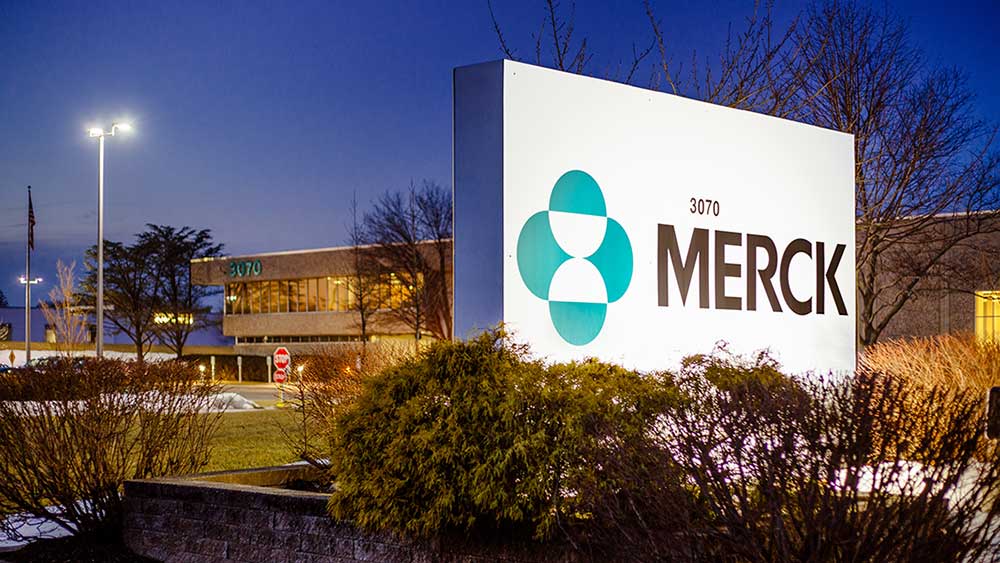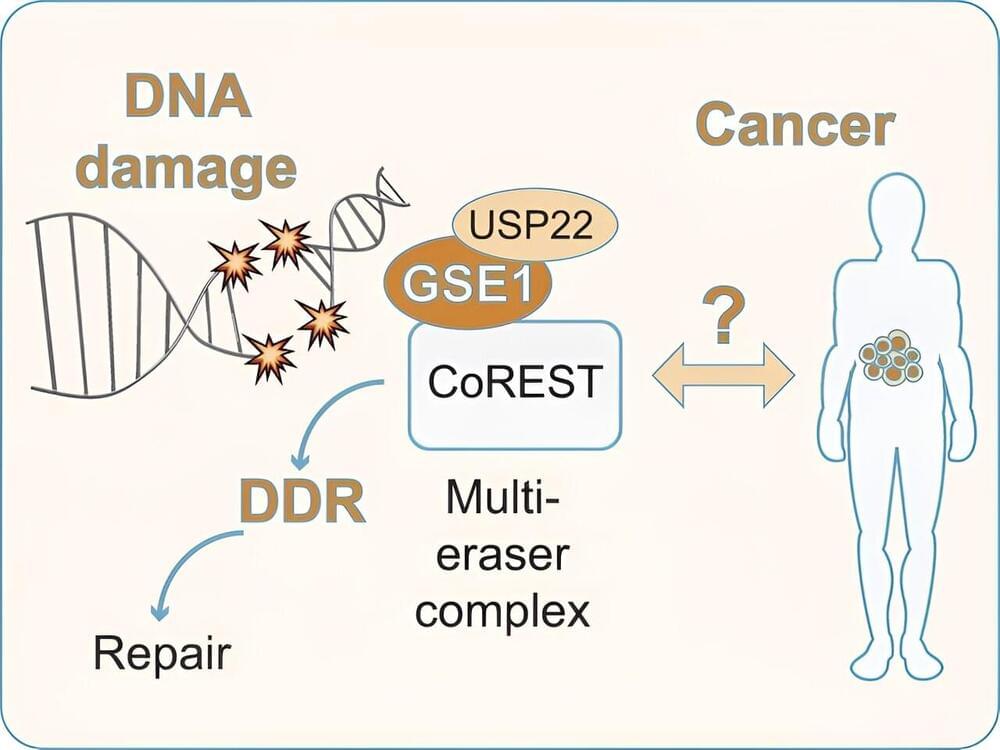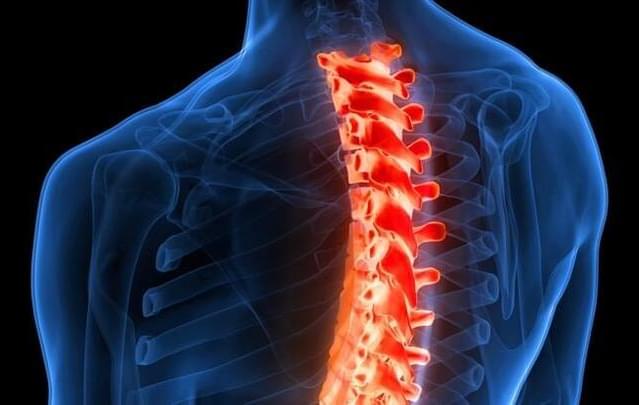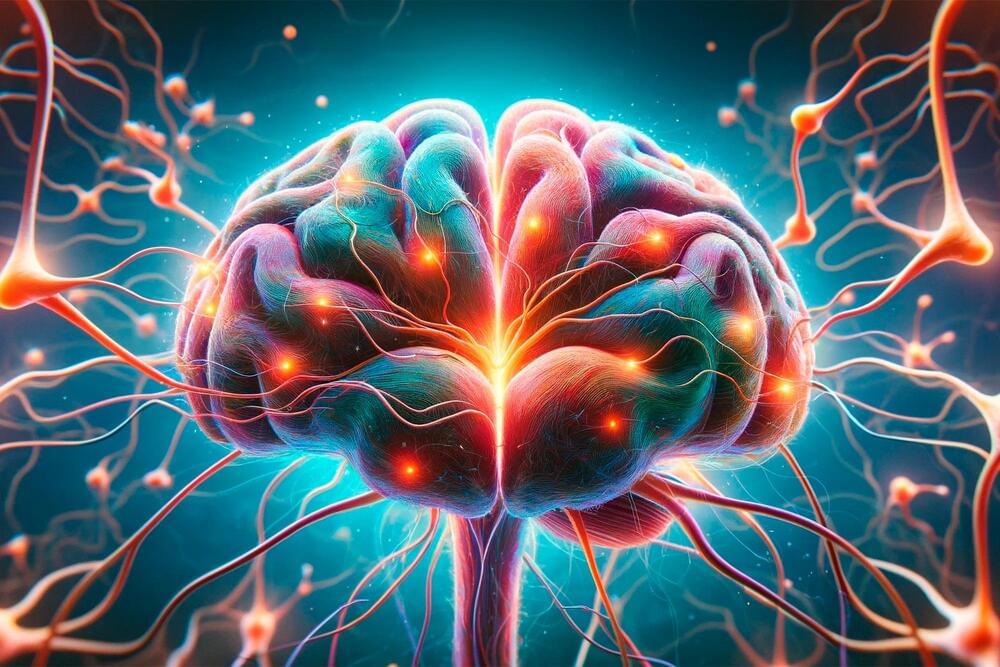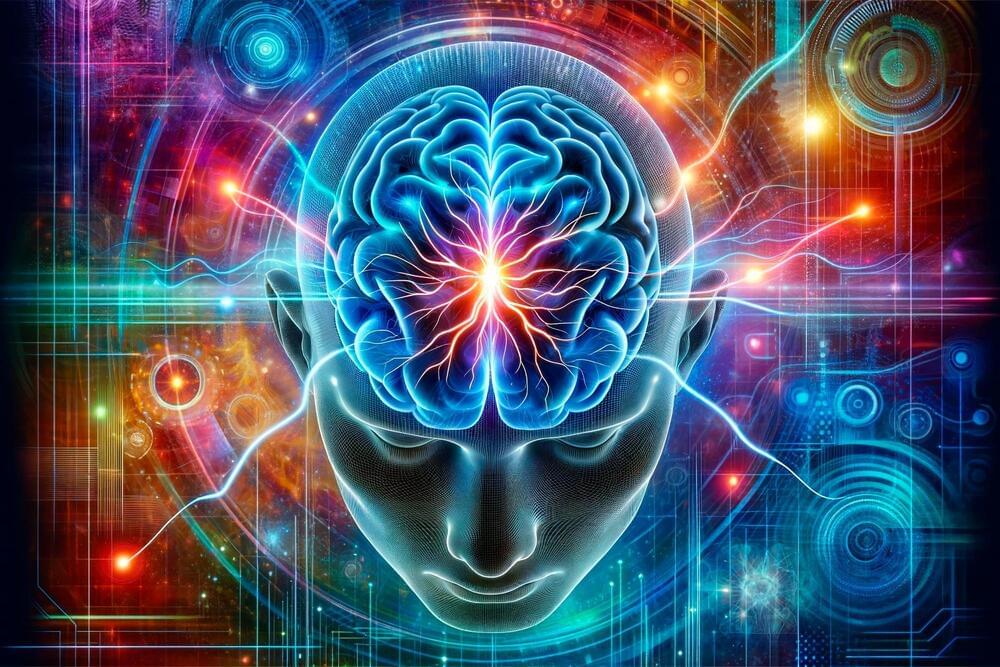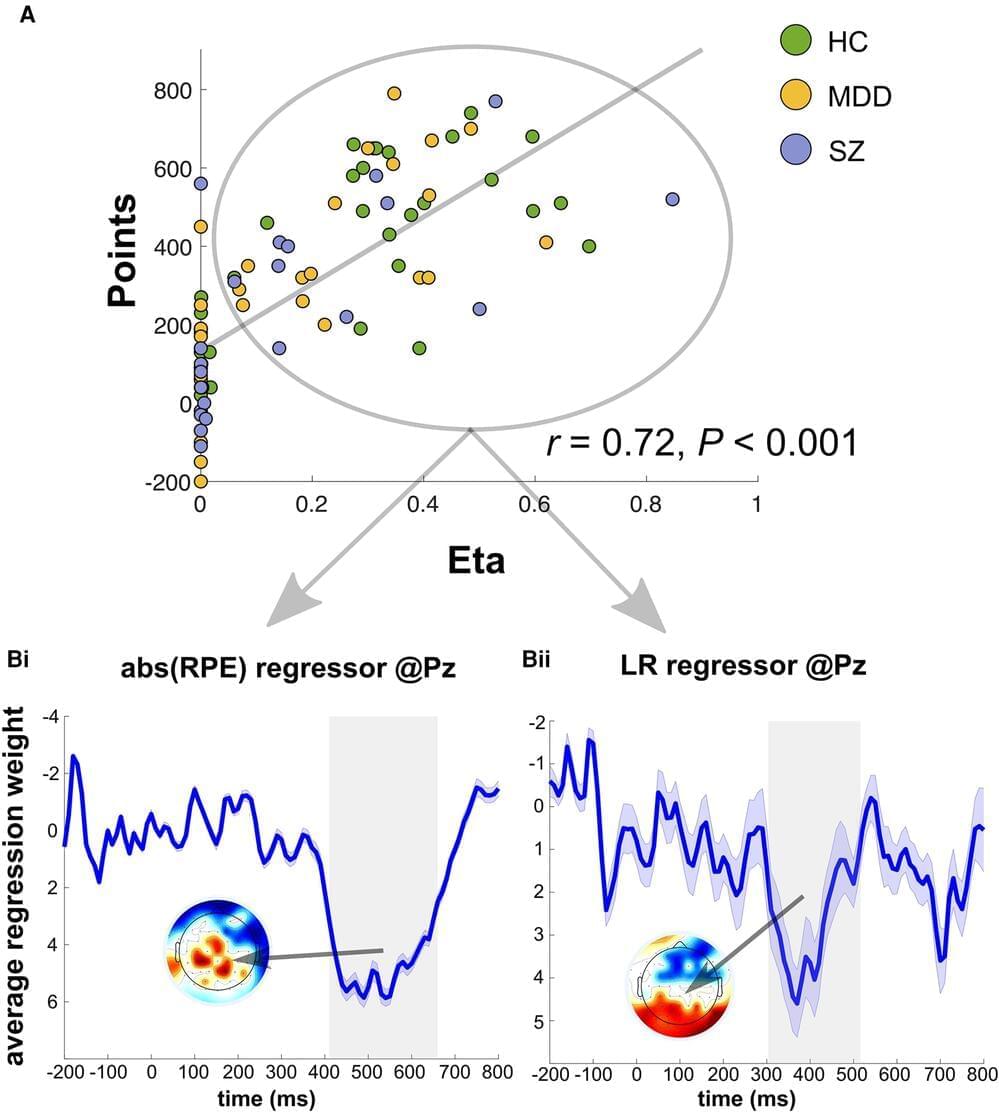Jan 13, 2024
Hypertension: Eating more tomatoes may help lower risk by 36%
Posted by Genevieve Klien in categories: biotech/medical, food
For older adults with mild high blood pressure, a new study suggests consuming tomatoes may help manage hypertension and may even lower the risk of developing high blood pressure in the first place.
In the study, people without high blood pressure who ate the most tomatoes or tomato-based foods had a 36% lower risk of developing hypertension than those who ate the least.
In people who already had high blood pressure, especially those with stage 1 hypertension, moderate consumption of tomatoes was associated with a reduction in blood pressure.

